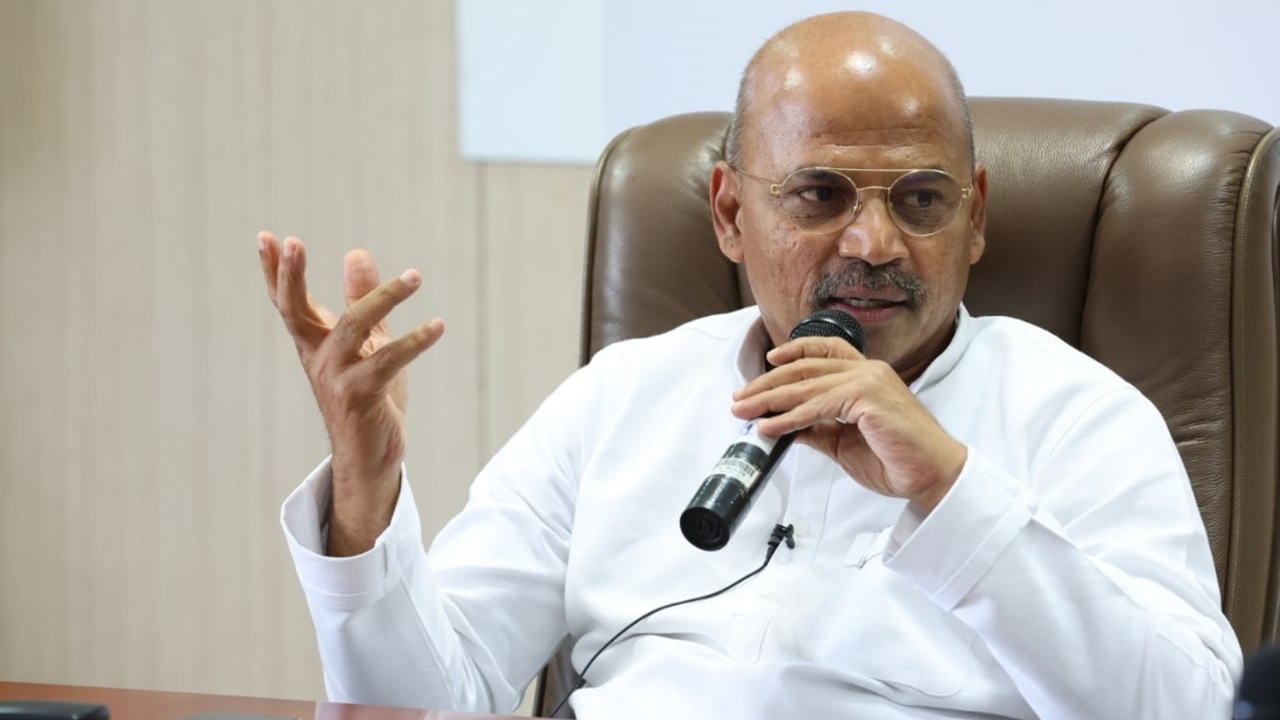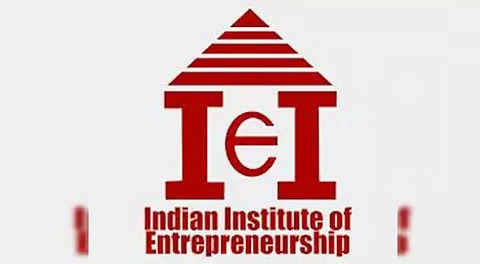
Follow WOWNEWS 24x7 on:

In a landmark move aimed at expanding access and financial sustainability in public medical education, Karnataka’s Medical Education Minister Sharan Prakash Patil has announced the introduction of a 15 percent NRI quota in government medical colleges. This announcement comes alongside the sanctioning of 450 additional MBBS seats for the academic year 2025–26, marking a significant shift in the state’s approach to medical admissions and institutional funding.
Key developments at a glance:
1. Expansion of Medical Seats
- The National Medical Commission (NMC) has approved 450 new MBBS seats for Karnataka’s government medical colleges
- These seats have been distributed equally across eight institutions: Bengaluru, Mysuru, Belagavi, Kalaburagi, Chikkaballapura, Hassan, Raichur, and Vijayanagara, with each receiving 50 seats
- The Moorusavira Mutt-run medical college in Hubballi has also been granted 50 additional seats
- With this expansion, Karnataka’s total medical seat count has risen from 9,263 to 9,663
2. Introduction of NRI Quota
- For the first time, a 15 percent quota has been earmarked for Non-Resident Indians in government medical colleges
- This quota applies specifically to the newly sanctioned seats
- The fee for each NRI seat has been fixed at Rs 25 lakh
- The move is expected to make government colleges more financially self-reliant and reduce dependence on state grants
3. Rationale Behind the Move
- The decision addresses a long-standing demand for more medical seats amid rising student aspirations
- Minister Patil emphasized that many meritorious students are unable to afford private college fees, making expanded government options essential
- The NRI quota is also seen as a way to attract global interest and investment in Karnataka’s medical education infrastructure
4. Strategic Advocacy and Approval
- Earlier this year, NMC Chairman Abhijit Chandrakant Seth announced the addition of 8,000 medical seats nationwide
- Following this, Minister Patil personally visited New Delhi to submit Karnataka’s proposal for additional seats
- The approval reflects successful lobbying and strategic planning by the state government
5. Broader Educational Initiatives
- In addition to medical education reforms, Patil announced a series of skill development initiatives
- A Skill Summit modeled on the Bengaluru Tech Summit will be held from November 4 to 6
- A job fair is scheduled in Mysuru post-Dasara festivities, with registrations opening soon
- A nursing summit is planned for October, followed by an international roadshow to promote employment opportunities
6. Implications for Students and Institutions
- The increased seat count offers more opportunities for aspiring doctors, especially those from economically weaker backgrounds
- The NRI quota introduces a new revenue stream for government colleges, potentially improving infrastructure and faculty recruitment
- The move may also influence future policy decisions in other states, setting a precedent for balancing accessibility with financial autonomy
7. Political and Social Context
- The announcement aligns with the state’s broader push for educational reform and skill development
- It also reflects a shift toward more inclusive and globally connected academic policies
- By integrating NRI participation into public institutions, Karnataka is signaling its readiness to compete on an international academic stage
Conclusion
Karnataka’s decision to introduce a 15 percent NRI quota in government medical colleges, coupled with the addition of 450 new seats, marks a transformative moment in the state’s educational landscape. It balances the twin goals of accessibility and sustainability, while opening doors for global engagement. As the academic year approaches, students, educators, and policymakers alike will be watching closely to see how this bold initiative unfolds.
Sources: MSN India, Deccan Herald, NDTV Profit, The Hindu.

